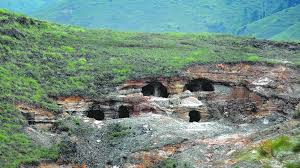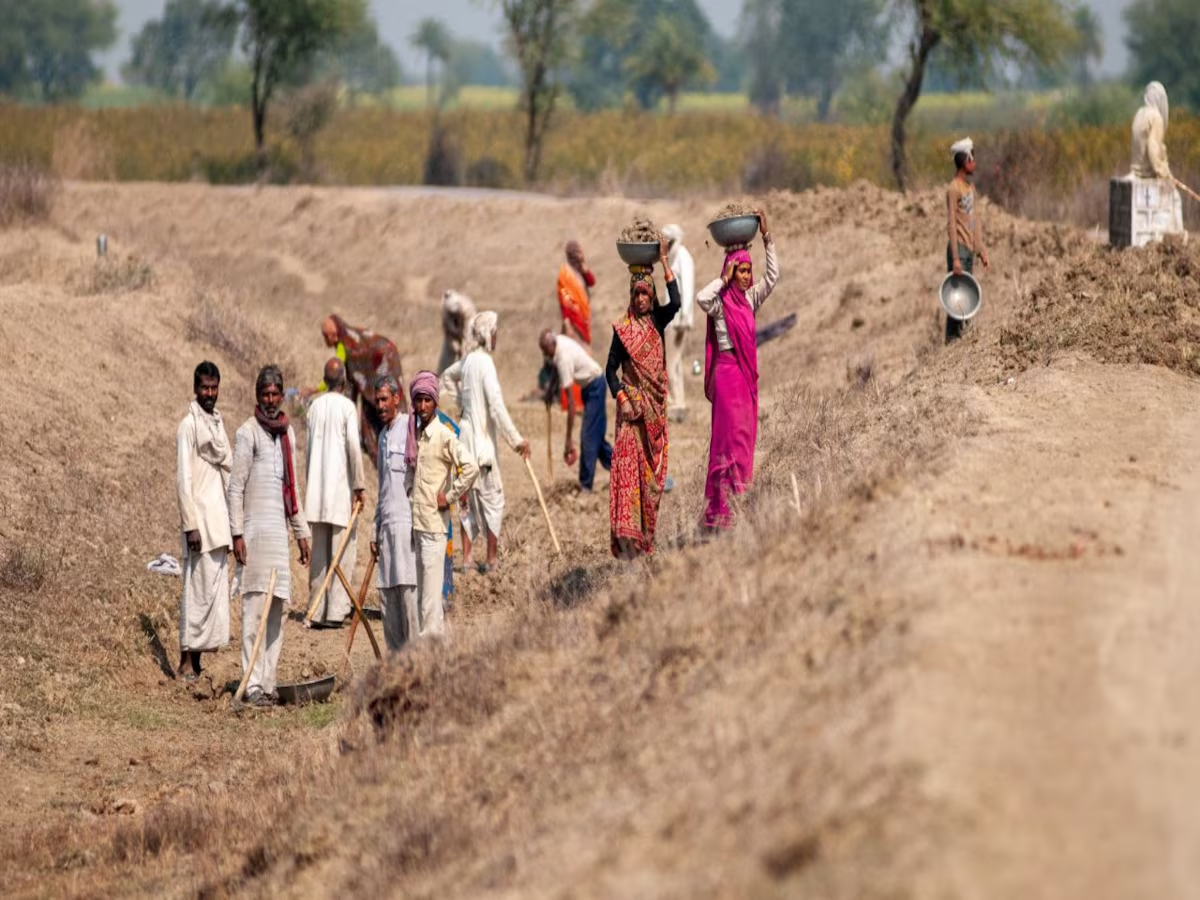- Courses
- GS Full Course 1 Year
- GS Full Course 2 Year
- GS Full Course 3 Year
- GS Full Course Till Selection
- Online Program
- GS Recorded Course
- NCERT (Recorded 500+ Hours)
- Polity Recorded Course
- Geography Recorded Course
- Economy Recorded Course
- AMAC Recorded Course
- Modern India, Post Independence & World History
- Environment Recoded Course
- Governance Recoded Course
- Science & Tech. Recoded Course
- International Relations and Internal Security Recorded Course
- Disaster Management Module Course
- Ethics Recoded Course
- Essay Recoded Course
- Current Affairs Recoded Course
- CSAT
- 5 LAYERED ARJUNA Mentorship
- Public Administration Optional
- ABOUT US
- OUR TOPPERS
- TEST SERIES
- FREE STUDY MATERIAL
- VIDEOS
- CONTACT US
CASE STUDIES FOR PRACTICE
CASE STUDIES FOR PRACTICE
Case Study: All students of the State-run M.R. Narayanan National Institute of Visual Science and Arts, a film school at Thekkumthala, Kottayam, have been on an indefinite strike since last month. The students have been demanding the ouster of Ankur Mohan, director of the school, for allegedly discriminating against the students and staff based on caste. The State Higher Education Minister, R. Sindhu, has now instituted a high-level inquiry on the issue and you are the head of that committee. You are a joint secretary whose file for promotion to cabinet secretary is under process in the office of the same minister who is a relative of Mr Mohan. The team has been instructed to submit their findings in two weeks.
The institute has witnessed several waves of protests since its opening in 2016. In the latest bout of protest, led by the students’ council of the school, they have raised a set of charges against Mr Mohan that varied from caste discrimination to forcing sanitation workers to do domestic labour at his official residence, including cleaning of toilets.
According to the students, Mr Mohan took the lead in shortening three-year courses offered by the institute into two-year programmes without due consultation and research. The sanitation workers, employed by the institute on a daily wage basis, have testified their experience of receiving inhumane treatment at the hands of Mr Mohan. Another Dalit employee of the institute has approached the SC/ST commission with a complaint of caste discrimination against Mr Mohan.
Documents that emerged in the public domain showed that as many as 26 out of the 30 seats reserved for different categories of students have not been filled while admitting students to the 2022 batch. It showed that several candidates were denied admission with the abrupt introduction of cut-off marks by the institute’s academic committee.
The protest, which had been largely limited to the institute’s campus in the first few days, struck a chord with filmmakers, film students as well as cinephiles during the 27th International Film Festival of Kerala (IFFK) in Thiruvananthapuram. An array of faces from contemporary local cinema, including filmmakers Aashiqui Abu, Mahesh Narayanan, Joe Baby, Kamal, K.M. Kamal, Vidhu Vincent, actor Sajith Madathil and musician Shahbaz Aman joined the students at a protest staged at the main venue of the event.
Mr Mohan has stayed largely aloof from the public eye. But talking to The Hindu, he denied all the charges and maintained that “the truth has a way of revealing itself”. Eminent filmmaker A.K. Gopalakrishnan, chairman of the institute, has been firm in his support for Mr Mohan and described him as a ‘well-bred man’.
The statement, however, drew sharp reactions and the protesters issued an open letter challenging Mr Gopalakrishnan’s stance. The institution, meanwhile, is also accused of indulging in retaliatory action by cancelling the room reservations for 52 students who arrived in Thiruvananthapuram to attend the IFFK.
Though the students attempted to contact the director and other officials, their calls went unattended. The State Chalachitra Academy later arranged temporary accommodation for the students. The State government has taken serious note of the issue as is evident from its decision to institute a high-level inquiry into the issue. It, at the same time, does not want to antagonise A.K. Gopalakrishnan, a filmmaker of towering stature, and is treading a cautious path before taking any final decision.
(a) Under the given conditions, what are the options available to you as a head of the inquiry committee?
(b) Critically evaluate each of the options listed by you.
(c) What option would you adopt and why?
(d) What can be the consequences of overlooking the questions raised by the protesting students?
SOLUTION
The above-given case deals with multiple issues like caste-based discrimination, misuse of authority, irresponsible behaviour, lack of transparency etc.
(a) Options available are:
- Investigating all accusations of students against Mr Mohan with full zeal and honesty.
- Saving the director by misleading investigation.
- Recusing from the case.
(b) Evaluation of options
|
Options |
Merit |
Demerit |
|
|
Justice to duty. Establish universal action. |
May lose a promotion |
|
|
Denial of duty. |
May get promotion |
|
|
Preventing the probability of conflict of intererst |
Escaping from the duty |
(c) As head of investigating team, one should follow option number 1st because by doing so
- He will uphold foundational values of civil servants that is integrity, objectivity and honesty etc.
- He may ensure greatest good to the greatest number that is the students.
- He may establish universal action and can create a role model for others in future.
- He will promote virtue ethics in society at large.
(d) Probable consequences of ignoring the demands of the students:
- Caste-based discrimination may be increased in the institutions.
- Exploitation of workers may continue.
- Promote crony capitalism because the duration of course has been reduced without reducing fees.
- Violation of law of land because reserved seats are not being filled.
- Damage reputation of the institution, which in turn may harm the institution in the long run.
- Peaceful protests may turn into a violent one.
Conclusion: Thus, based on above discussion we can conclude that to ensure quality education and justice to society at large such accusations should be dealt with on a priority basis efficiently and transparently.




